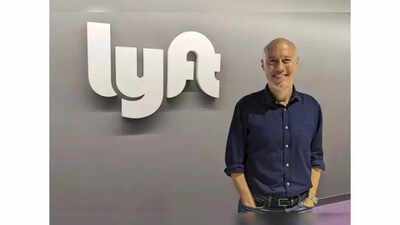Lyft CEO Pumps the Brakes on Self-Driving Car Hype
David Risher, CEO of Lyft, has delivered a sobering reality check on the timeline for autonomous vehicles, stating the technology is “not entirely ready” and predicting it will account for less than 10% of their business by 2030.
Key Takeaways
- Lyft’s CEO believes self-driving cars are years away from widespread use.
- He cites three major hurdles: technology, consumer wariness, and regulatory challenges.
- The high cost and depreciation of autonomous fleets present significant economic barriers.
- Risher sees “zero likelihood” of drivers being replaced by robots in the foreseeable future.
The Three Hurdles Slowing the Self-Driving Future
Speaking at the Web Summit in Lisbon, Risher outlined the core challenges delaying autonomous vehicle adoption:
- Technological Limits: The technology struggles in real-world conditions like fog, snow, and heavy rain.
- Consumer Resistance: Most customers remain wary and simply “don’t want to get in a self-driving car.”
- Regulatory Hurdle: Government regulators are “not necessarily enthusiastic about it in every place.”
The Economic Reality of Autonomous Fleets
While removing driver costs seems appealing, Risher highlighted the substantial economic downsides. Self-driving cars currently cost $250,000 to $300,000 each—far more than standard vehicles.
“Every night, when the human customers are asleep, the fleet will sit largely unused, its value literally rusting away,” Risher stated, pointing to major asset-depreciation issues.
The company would also bear all maintenance, cleaning, and refueling costs currently handled by drivers.
A Human-Driven Future
Risher concluded that the current model remains far more efficient. “I don’t think the idea of a driver being replaced by a robot is a very likely thing. In fact, I think it’s zero likelihood in any reasonable time frame,” he added.
He emphasized that using individual drivers who rent out their cars as needed makes better economic sense for the foreseeable future. The reality, he says, is simply getting in the way of the hype.




